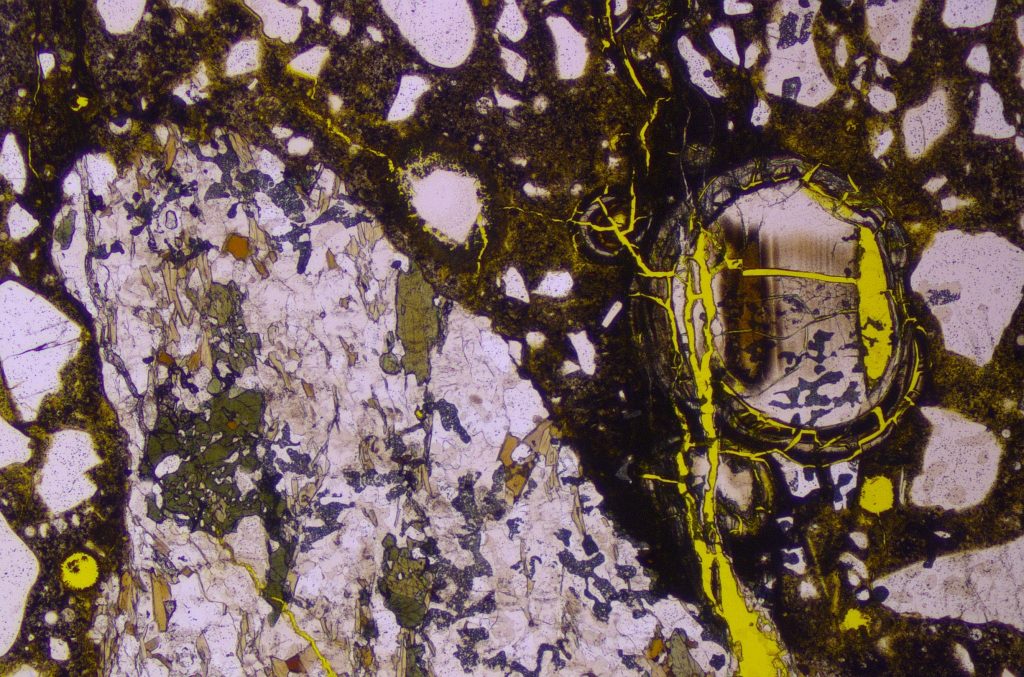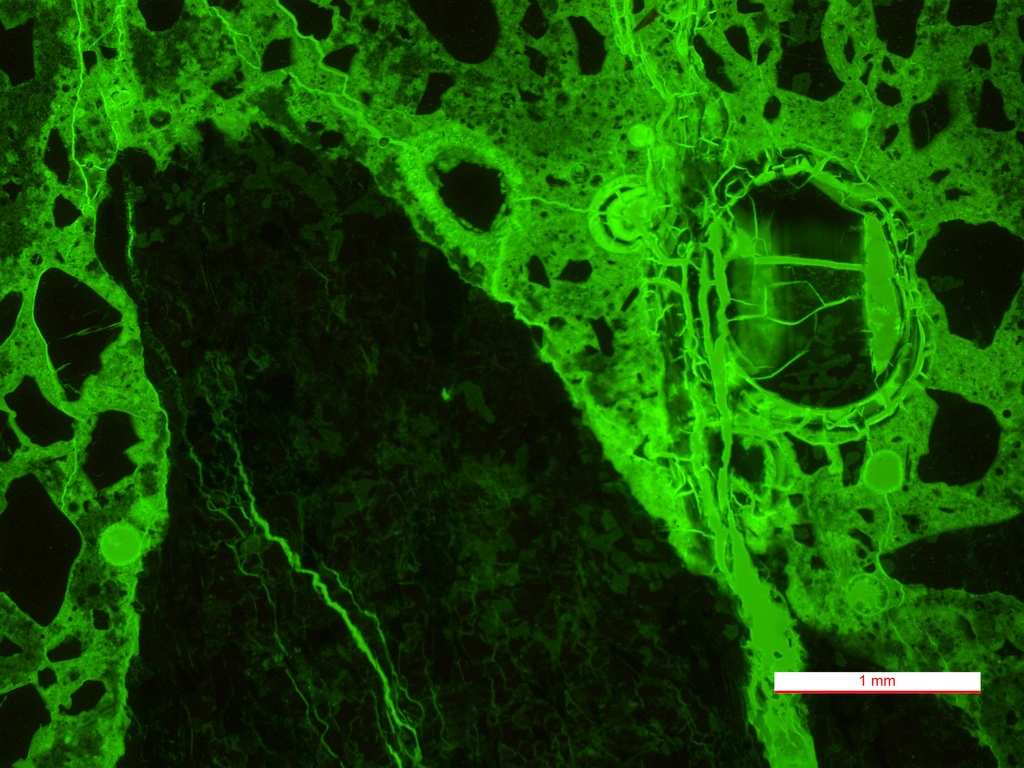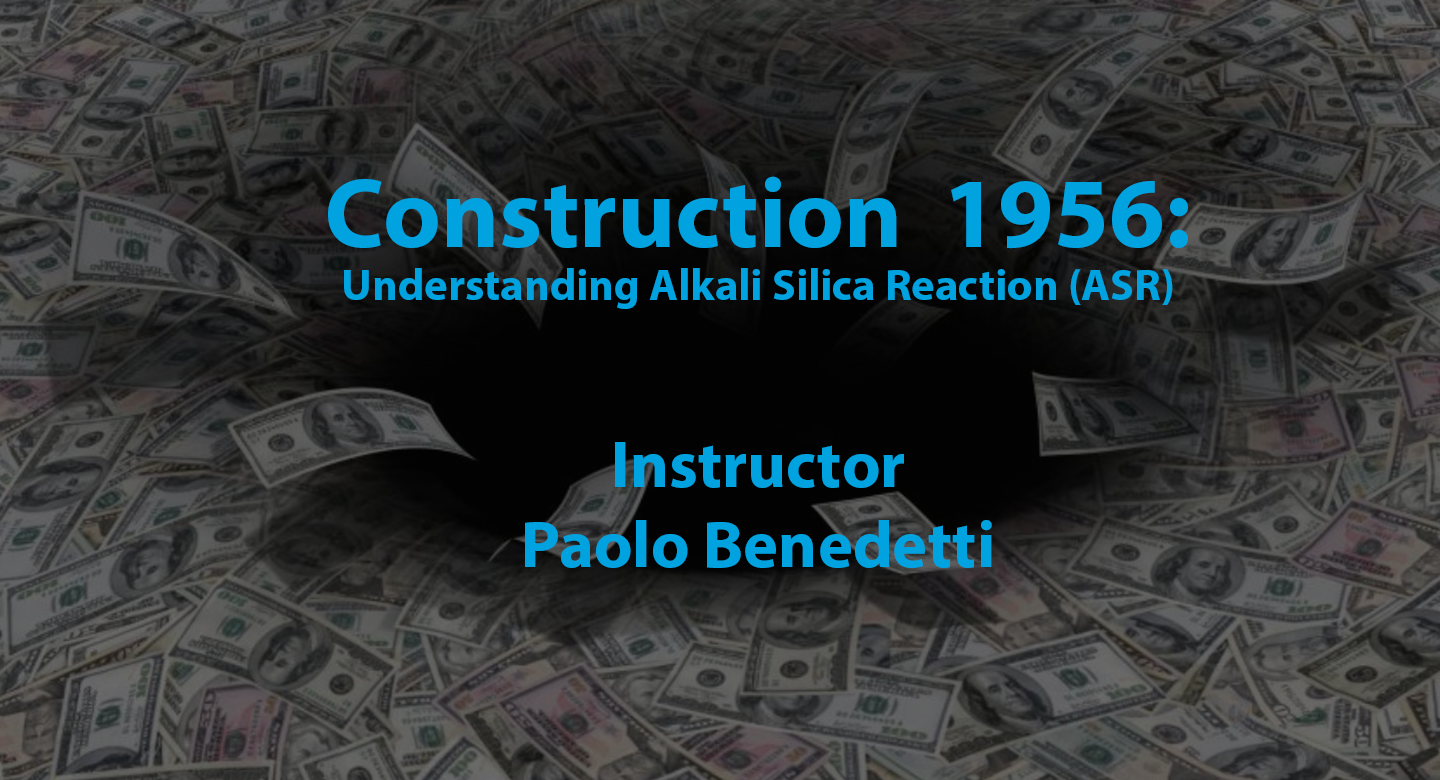Has anyone had experience with this issue? Alkali–silica reaction - Wikipedia.
3yr old - fresh water pool with cracks all over the walls
Apparently the Shot Crete company (among others here) had not mixed right and messed up a number of pools.
Edit by Jim R.
thansk
3yr old - fresh water pool with cracks all over the walls
Apparently the Shot Crete company (among others here) had not mixed right and messed up a number of pools.
Edit by Jim R.
thansk
Last edited by a moderator:









